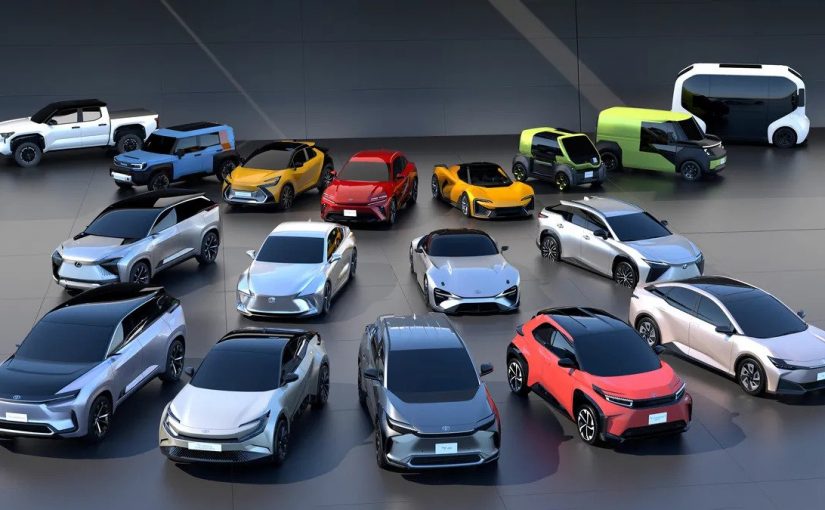Stepping out in Vancouver without seeing at least 5 electric vehicles in 20 minutes is almost impossible. Electric vehicles are now trendy and eco-conscious, so why shouldn’t people have them and get amazon government rebates for the same? However, are electric vehicles truly a green commodity, if so, are there limitations to the same?
In 2021, CNBC published an article stating that EV’s claim of eco-consciousness is complex and has many moving parts. The first moving part is the battery, a regular combustion engine car runs on petrol whose virgin resource is fossil fuels. Fossil fuels we can all agree are detrimental to the environment sending plumes of toxic smoke into the air. The easy alternative to this destruction is cars running on batteries which simply need to be charged via electricity. The batteries in electric vehicles contain lithium, and mining lithium is an extremely energy-intensive procedure; in fact, producing electric vehicles produces more carbon emissions than traditional cars. A second complaint against electric vehicles is the charging process itself. The electric grid in some countries runs on fossil fuels and charging electric vehicles puts a further strain on a grid running on a non-renewable and significantly polluting resource (Choudhury, 2021).
 https://www.iea.org/reports/electric-vehicles
https://www.iea.org/reports/electric-vehicles
Yes, electric vehicles make up for the extra carbon emissions in some way or another but to me, it seems like an endless cycle of trying to correct a wrong. I don’t believe that we can move forward from a ‘net-zero’ goal to a ‘net-positive’ goal unless structural changes are made. Structural changes such as changing what supplies electrical grids using renewable energy or even building systems in place for recycling batteries (a system which currently is extremely weak.
Electric vehicles are definitely a great alternative to petrol-powered methods of transportation but they are not the best. As the article suggests there’s significant work to be done for this mode of transportation to become a sustainable alternative. We also cannot forget the social and economic aspects of sustainability. The average cost of an electric vehicle is between $32,000 to $160,000 in Canada; even with added discounts and rebates this investment is not viable for certain members of the lower income tax bracket whose concerns are food and shelter (Scotiabank).
The challenge remains how do we make electric vehicles a sustainable venture under all three pillars of sustainability to ensure they are actually helping the world rather than digging a deeper grave for it.
References:
Choudhury, S. R. (2021, July 26). Are Electric Cars ‘green’? the answer is yes, but it’s complicated. CNBC. Retrieved March 5, 2023, from https://www.cnbc.com/2021/07/26/lifetime-emissions-of-evs-are-lower-than-gasoline-cars-experts-say.html

After doing much research on my own as well for other projects, I also shared your skepticism of whether EVs could truly be a green alternative to conventional gasoline-running vehicles. On top of the high barrier for consumers to switch to EVs (although it has been getting lower significantly recently), I feel as the scope 2 and 3 emissions are hardly talked about but rather focused on the environmental impact of the vehicle’s emissions itself. My only hope is that EVs would one day become technologically advanced enough to achieve Net zero or alternatives such as Hydrogen fuel cell cars (although it has its own limitations as well) would become mainstream in the future. I believe that in the vehicle industry today, reducing the vehicle’s emission itself is not enough anymore, although it was a significant first step.
I found it very interesting. While electric vehicles represent progress, there are still important sustainability hurdles to tackle, including battery production, disposal, and non-renewable energy powering the grid. I think we need to develop supportive infrastructure and mechanisms, as well as put a strong emphasis on accessibility and affordability for everybody, to enable a really sustainable transformation. Along with environmental sustainability, social and economic sustainability must also be taken into account.